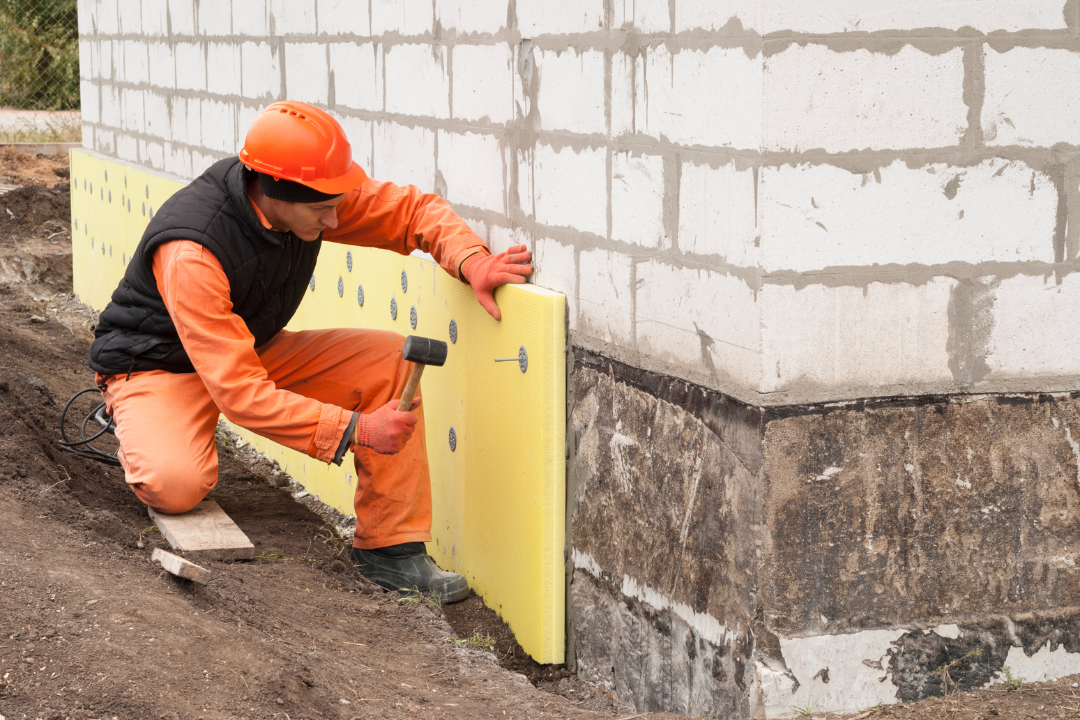A Guide to Electric Heating Systems in the UK: Which is Best for You in 2025?
When it comes to heating your home in the UK, electric heating systems are becoming increasingly popular due to their efficiency and ease of installation. However, with several options available, it can be difficult to decide which system is the best fit for your home. In this blog, we will explore the different types of electric heating systems, compare their costs, efficiency, sustainability, and provide guidance on which system might be right for you in 2025.
Types of Electric Heating Systems in the UK
- Electric Storage Heaters
Electric storage heaters use cheap, off-peak electricity to heat ceramic bricks that then release warmth during the day. These systems are popular in older homes and are often found in properties without central heating. - Electric Radiators
Electric radiators are a popular alternative to traditional gas-powered heating. They heat up quickly and provide an even distribution of warmth. Unlike storage heaters, they allow more control over the temperature and are ideal for smaller spaces. - Underfloor Heating
This system involves heating the floor itself, creating a warm and comfortable environment. Underfloor heating is discreet and energy-efficient, ideal for new builds or renovations. - Electric Boilers
Electric boilers provide central heating and hot water, just like gas boilers. They are compact, efficient, and produce no emissions, making them a clean alternative to traditional heating systems. - Infrared Heating Panels
Infrared panels heat the objects and people in a room directly, rather than warming the air. This can make the system feel more natural and is highly efficient.
Cost Comparison
When comparing electric heating systems, installation costs can vary significantly. Electric storage heaters are generally more affordable to install compared to electric radiators and underfloor heating systems. However, the running costs of electric systems tend to be higher than gas heating, particularly in homes that require a significant amount of heating. Infrared panels, while slightly more expensive to install, can be more economical in the long run, as they heat spaces quickly and with lower energy consumption.
Efficiency Comparison
Electric heating systems are typically more energy-efficient than gas heating because they convert nearly all the electricity into heat. However, electric systems tend to cost more to run due to the price of electricity. Systems such as electric radiators and underfloor heating are highly efficient, while electric storage heaters may offer less precision in controlling room temperatures.
Sustainability Comparison
Electric heating systems are considered more sustainable than gas or oil systems, particularly when paired with renewable energy sources. For example, if you are using solar panels or wind power, your electric heating system becomes a low-carbon option. Infrared heating panels and underfloor heating systems are considered the most sustainable, as they are highly efficient and produce less heat waste.
Which Heating System is Best for You in 2025?
Choosing the best electric heating system depends on several factors, including the size of your home, budget, and how much control you want over your heating. For new builds or homes with good insulation, underfloor heating or infrared heating panels may be ideal. For smaller spaces or homes without existing central heating, electric radiators or storage heaters are efficient and cost-effective options.
Maintenance Tips for Electric Heating Systems
To keep your electric heating systems running efficiently, regular maintenance is key. Ensure that your radiators and storage heaters are free from dust and debris, and check the settings on your thermostat for optimum performance. If you have underfloor heating, check for any issues with the flooring that could hinder heat distribution.
Conclusion
In 2025, electric heating systems offer a variety of efficient, sustainable, and cost-effective solutions for homeowners. Whether you are upgrading an old system or building a new home, there are options that cater to every need. By understanding the differences in efficiency, cost, and sustainability, you can make an informed decision that suits both your budget and your home’s heating needs.
Frequently Asked Questions
Q: Which electric heating system is the most energy-efficient?
A: Electric radiators and underfloor heating are among the most energy-efficient electric systems.
Q: Is underfloor heating worth the investment?
A: Underfloor heating can be an excellent investment for new homes or large spaces due to its efficiency and comfort.
For more information on electric heating systems and how they can work for your home, reach out to Regen Grants for expert advice and funding options.









